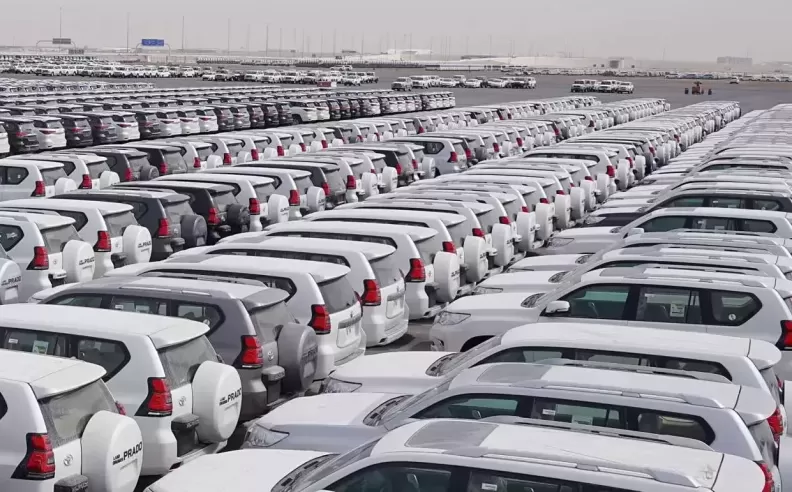
Bringing a car into the UAE is a popular option for enthusiasts looking for luxury models or rare editions that are not available locally. With clear regulations and advanced infrastructure, the process is more straightforward than in many countries, but it still requires careful attention to rules, fees, and documentation to avoid costly delays. This guide breaks down the essential requirements, step-by-step process, and costs you should expect before making your purchase.

The UAE only allows cars that are less than 10 years old from the date of manufacture unless they are certified classic vehicles. All imported cars must meet GCC specifications, which include climate-ready air conditioning and specific safety systems. A certificate of origin and a technical inspection are mandatory to proceed with registration and licensing. Ownership must be clear, meaning the vehicle cannot have any loans or legal disputes in the exporting country.
Buyers should be aware of possible hurdles such as shipping delays, unexpected modification costs to meet GCC standards, or uncertainty about the car’s condition if it is not inspected before purchase.

The first step is selecting a trustworthy seller in the origin country, whether from a dealership or an auction, and securing a verified purchase invoice along with a certified certificate of origin. You then arrange shipping through a specialized car shipping company, either by sea or air. Upon arrival, you pay customs duties (typically 5 percent of the declared car value) and undergo a technical inspection at an approved center to ensure the vehicle meets GCC standards.
After inspection, you proceed with insurance and register the vehicle with the Roads and Transport Authority or the equivalent authority in your emirate. This structured process ensures the car is legally roadworthy and compliant with all UAE regulations.

Importing a car involves several cost components. Customs duties are usually 5 percent of the car’s declared value, while technical inspection fees vary by emirate. Registration and licensing typically cost between 400 and 800 AED. Shipping fees start from around 3,000 AED for sea freight and can exceed 15,000 AED for air freight. On top of this, a 5 percent VAT is applied to the total amount.
Additional costs may include modifications for GCC compliance and insurance premiums. For cars with larger engines, fees can be higher since customs duties can vary based on engine size.

Started my career in Automotive Journalism in 2015. Even though I'm a pharmacist, hanging around cars all the time has created a passion for the automotive industry since day 1.
